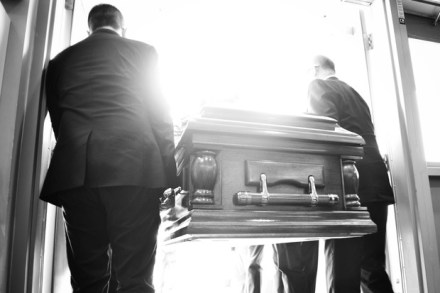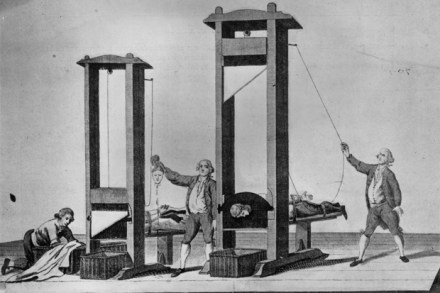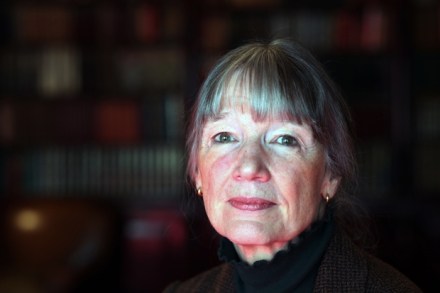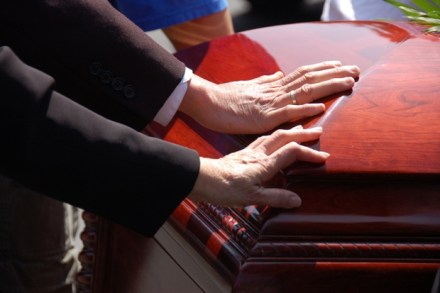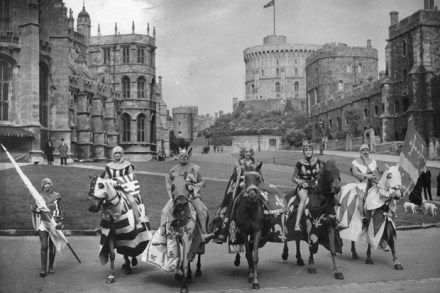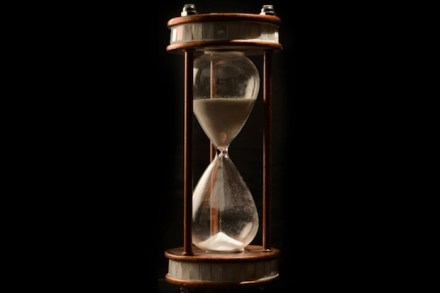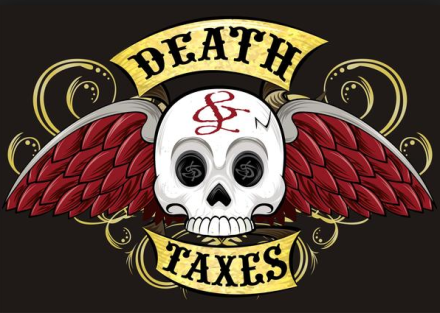Dead expensive
They say that death and taxes are the only two certainties in life. But there seems to be a third, linked to death and as painful as taxes. It’s the astronomical cost of organising a funeral. My partner’s father died recently, and for the honour of a bog-standard cremation in a far from fashionable part of East Anglia she was charged just over £4,000. Jo felt no shame in asking for the cheapest option (it’s what her father would have wanted — he was never a man to waste money), and so the answer came as something of a shock. When a figure has you imagining the cheeky little jaunt to
